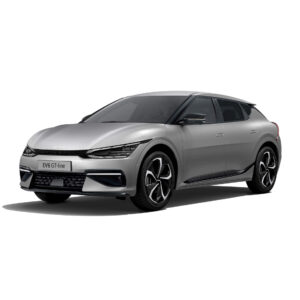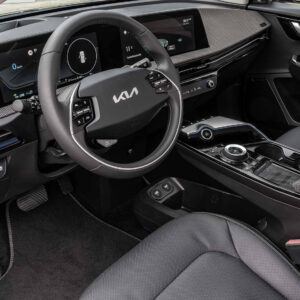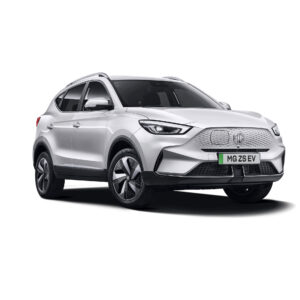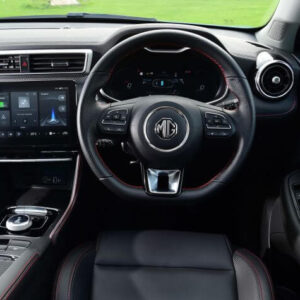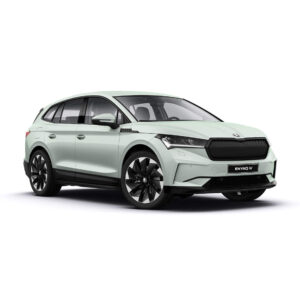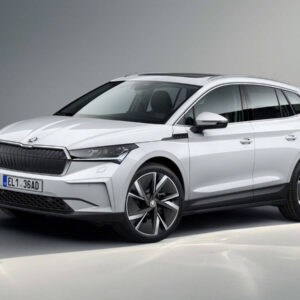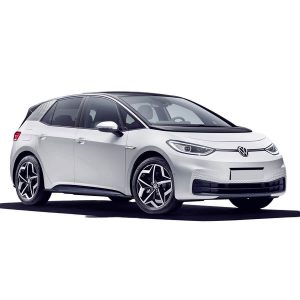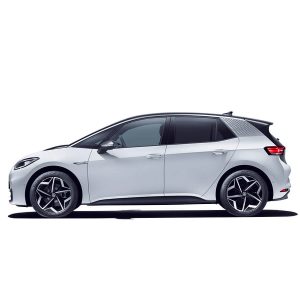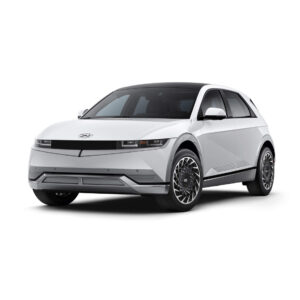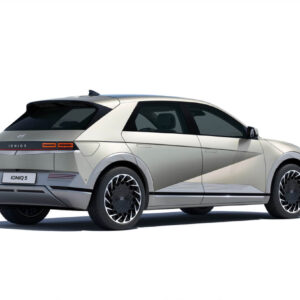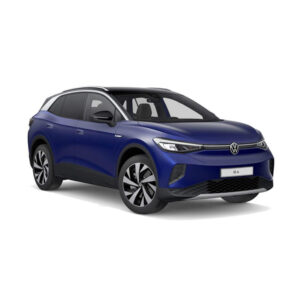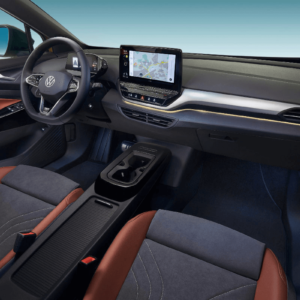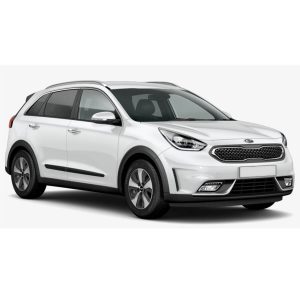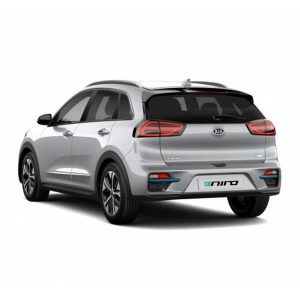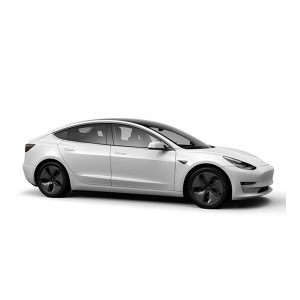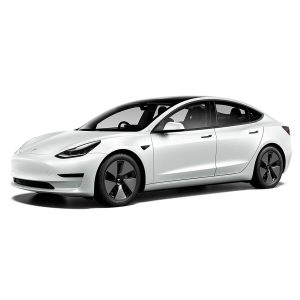Electric Cars
We have built up a long trusting relationship with drivers and we share the governments’ vision to make the UK more greener, cleaner and healthier. We believe we can achieve this by working together with Private Hire and Hackney carriage drivers’ to offer more options which would provide easy access in upgrading to cleaner electric vehicles.
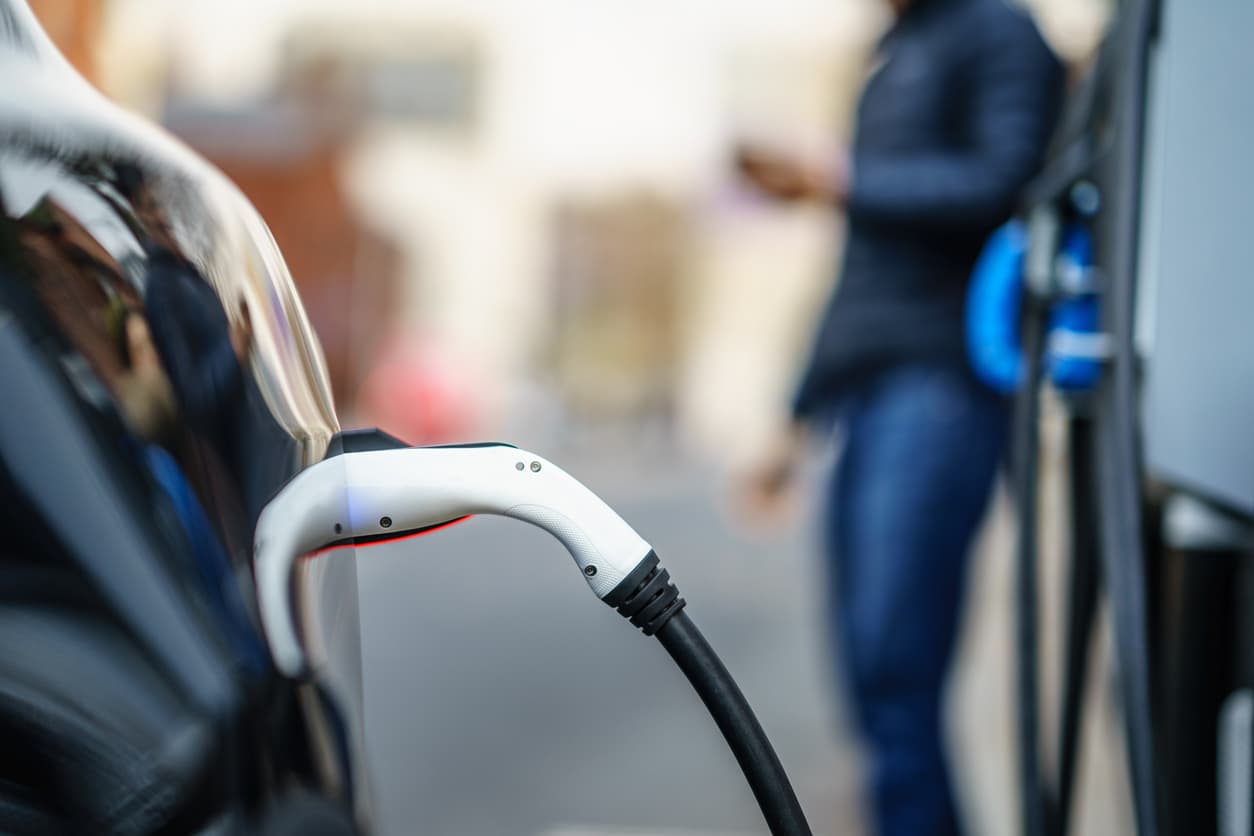
Benefits
Zero Emissions
Electric cars give off zero emissions, lowers your running costs, offer better performance and have higher levels of safety.
Quiet
Electric vehicles operate with hardly any sound so there is no danger of waking up the neighbour early in the morning or late at night.. Allowing drivers to carry out their work with barely a whisper.
Save Money
The savings start as soon as you begin driving. Diesel and petrol are removed from the equation meaning you are no longer at the mercy of the world’s oil prices.
For the driver inside the cabin it‘s a uniquely calming experience, with just the low hum of rubber on asphalt which is perfect for Private Hire and Hackney Carriage drivers considering all the hours they have to spend inside one.
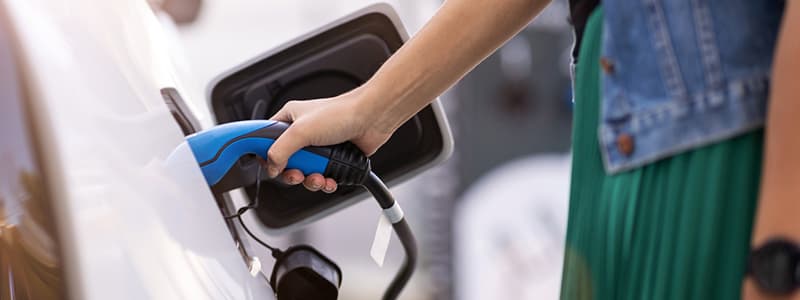
How long does it take to charge?
The rate of charge depends on the power of the unit. A 50kW DC Charger can charge up to 80% in as little as 50 minutes. AC Fast Charging points (7kW) can fully recharge overnight in approximately 8 hours.
With approximately 30,000 charging stations currently across the UK it is easier than ever to keep your car going when on the move.
Public chargers offer different charging speeds:
- AC Chargers – slower charge speed and tend to be found in residential areas, car parks and shopping centres.
- DC Chargers – faster charge speed and are found on motorways and some large retailers.
Public chargers tend to be classified as:
- Slow (up to 3kW AC)
- Fast (7-22kW AC)
- Rapid (43kW AC or 50kW DC)
- Ultra Rapid (100-350kW DC)
Charging capabilities will be displayed on the unit. Rate of charge depends largely on the power of the unit but will also be affected by ambient temperature and other users.

What is the cost?
The savings start as soon as you begin driving. Diesel and petrol are removed from the equation meaning you are no longer at the mercy of the world’s oil prices. Electricity costs tend to be more stable and can be as low as 7p per kWh.
Electric cars are easier to maintain compared to a conventional combustion vehicle due to the absence of an engine. Some regions offer discounted or even free parking or charging.
To maximise your range, your car will track performance and optimise how you drive. You can also alter driving modes to increase your range. This enhanced level of battery voltage control, together with the car’s advanced Battery Management System, lead to an extended driving range.
Electric cars require very little maintenance. However, simple things like correct tyre inflation and replacing air filters can extend a battery’s range by several miles per charge.
Cars that spend a lot of time parked in hot conditions can experience faster rates of battery loss. Gradual, smooth acceleration enhances the efficiency of any electric car.
Avoiding hard acceleration, particularly in heavy traffic, can significantly boost the amount of range you enjoy from each charge.
How do I pay for recharging?
Payment methods will differ depending on the network and charge point. Some offer their own contactless charge card whilst others use payment apps or contactless payment. The total cost will depend on the tariff model of the network provider and the station power level.
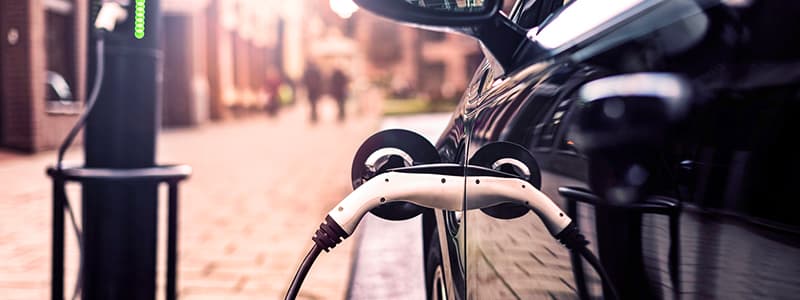
Electric Vehicle Charging Guide
There are already a few different options available to drivers. Some drivers will be able to install a home charger and charge the vehicle at home. For drivers without home charging capabilities it will be useful to look into applications like Zap-Map which will help you see where your local charging points are and which providers are operating in your area so you can decide which is the best fuel access card for you.
- Different drivers will have different preferences when it comes to charging. Some drivers will prefer using their charging station at the end of the shift, whilst others will like to recharge during their shift.
- Once you know which charging stations you will likely be using you need to look into the charging companies. Most likely you will pick between Shell, Polar and Source London. Don’t forget if you’re an Uber Driver, you can get a discounted membership with Polar on your Uber Pro account.
- There are other charging companies around as well, from Ubitricity (lamp post) to ESB (rapid charging). For motorway trips you will have to apply for a fuel access card with Ecotricity as they cover all the motorways across the UK.
- Finding the right fuel access card might seem like a long process, but it will be worth it in the long run. Different companies offer different subscription plans/prices, so it’s important to research into this. You might prefer a monthly subscription, or a pay-as-you-go model.
- All registrations can be done online, so just head to the website for the provider and get yourself registered. After completing your registration, you will have to wait 3-5 days before receiving your charge card.
